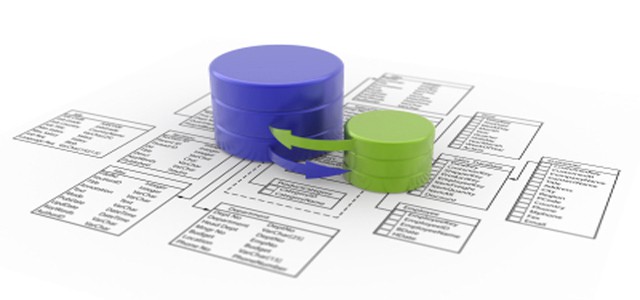 Parallel Operation in Oracle Server- Does it improve Performance?
Parallel Operation in Oracle Server- Does it improve Performance?
The article explains the detailed characteristics of Oracle Parallel operation execution. There are lots of benefits of Parallel execution but with some drawbacks in the Oracle Database Server.
Any operation doesn’t consume or utilize the whole server’s resources at any time. The reason this whole work is performed by a single server process in the database. This means if we have more resources like more CPU then a little bit of resource of CPU is consumed by the server process during the whole operation. In short, we can say that we are not utilizing full server resources at any time. There are two types of operations available in the Oracle database server. The first one is called Serial operation, which is the default behavior of the Oracle server. The single server process fetches data or performs operations serially. This kind of operation doesn’t consume more resources from the Oracle server. The serial operation can be not effective when large table objects or large operations. The performance of the operation will be degrading. During this serial operation, the Oracle server doesn’t consume full server resources. The second operation is called a parallel operation. During parallel operation, more than single threads are performing operations simultaneously. Due to this reason, full server resources are utilized and provide results very quickly. The parallel process is more effective for large Oracle databases. The performance of the Oracle server will be upgraded whenever using parallel operation. One server process is controlling parallel threads, and it will verify how the tasks required for the procedure are to be assigned.
Once the processing of data is finished the Oracle server process is gathering data serially and returns output. Hence, we can say that in the parallel process, both operations are involving parallel and serial.
This is the same concept of our mathematics one man finishes work within 2 hours, then more than 1 man will finish the same work 2 hours/number of man. 2 men can finish the same work within 1 hour and 4 men can finish the same work within 30 min. When we are talking about 1 man finish it is a serial operation and more than 1 man, is parallels operation.
We can’t say that the parallel process is always faster than serial operation in Oracle Database Server. Sometimes the parallel operation is not more effective and not able to provide results as per requirement. We have seen that every server process has some child processes in parallel execution. Sometimes lack of memory child’s processes is not performing a good task.
Allocation of the process may be fully utilized by other processes. It also raises a related point that the finest point for one parallel operation may not actually be the best level for numerous operations on an Oracle server system in which all the processes are trying to run in parallel. In short, we can say, the resources consumed by adding additional parallel processes up to a certain point where the operation finishes the quickest may be comparatively greater than the supplementary performance improvement.
Therefore, reducing the number of child processes to a level below where the operation would finish the fastest method essentially offers the most advantage to the Oracle server. Before enabling parallel execution operation, we should need to understand our Oracle server system. If you don’t know the Oracle server resources and characteristics then instead of improving the performance of the Oracle database it would be degrading performance of Oracle server.
This means we can say that usage of parallel execution may not provide a guarantee to improve the performance of the Oracle database, but sometimes it also risks degrading the performance of the Oracle server. Parallel operation is more usable in large databases, high-end servers, more CPU resources, and optimized SQL coding. Without knowing these all things, if we are enabling a parallel option, maybe provide us a negative impact on the performance of the server.
The partition table is more helpful to improve performance while using parallel execution. A partition table with more CPU is more target to increase the scalability of the database with parallel operations.
Checklist of Remote database services and remote database monitoring we should need to check system resource utilization when parallel queries are running.
Oracle improves parallel operation usage in its own new features like RMAN, Parallel recovery, SQL Loader, EXPDP, IMPDP, etc. Export doesn’t has parallel feature but datapump (expdp) has parallel execution feature in Oracle 10g. Rman is becoming more faster while using a parallel feature for backup.
You can find out more Oracle DBA tips articles from our website in Oracle DBA tips section.
When you want to make a strong Oracle DBA career then you should be aware of database services and other database technology. Without having knowledge of Oracle internals, Oracle performance tuning, and skill of Oracle database troubleshooting you can’t be an Oracle DBA expert.
This expert DBA Team club blog always provides you latest technology news and database news to keep yourself up to date. You should need to be aware of Cloud database technology like DBaaS. All Oracle DBA tips are available in a single unique resource at our orageek. Meanwhile, we are also providing some sql tutorials for Oracle DBA. This is the part of Dbametrix Group and you would enjoy more advanced topics from our partner resource.





